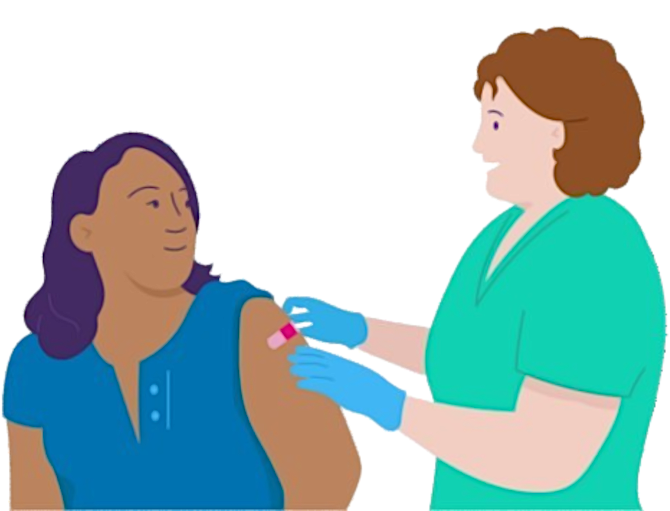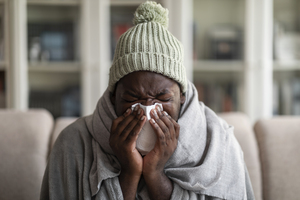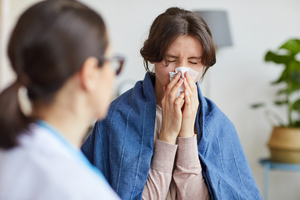Certain groups face a higher risk of complications from infectious diseases and may benefit from targeted vaccine recommendations. The CDC provides specific guidelines for people with underlying health conditions, pregnant individuals, healthcare workers, and others. Staying current on vaccinations is essential to protect both individual and public health in these vulnerable populations.
Pregnant women
Pregnant women are advised to receive specific vaccines to protect both themselves and their developing babies. The flu vaccine is recommended during any trimester to help prevent severe illness. The Tdap vaccine is also recommended during the third trimester to provide protection against whooping cough for the newborn. Additionally, the COVID-19 vaccine is encouraged for pregnant individuals to reduce the risk of severe illness associated with the virus.
People living with diabetes
Individuals with diabetes have an increased risk of infections, making vaccination particularly important. The CDC recommends that these individuals receive the annual flu vaccine and the pneumococcal vaccine to protect against pneumonia. Hepatitis B vaccination is also advised for those with diabetes, especially if they are under 60 years of age. Staying current with other routine vaccinations, such as Tdap and HPV, is also recommended.
People living with heart disease
People with heart disease are at greater risk for complications from infections, making vaccinations crucial. Recommended vaccines include the annual flu shot and the pneumococcal vaccine to prevent pneumonia and other respiratory infections. The Tdap vaccine is also advised to protect against tetanus and pertussis. Individuals with heart conditions should consult their primary healthcare provider about any additional vaccines.
People with weakened immune systems
Due to medical conditions or treatments, individuals with weakened immune systems are at higher risk for infections. Vaccination can help protect against various diseases. Recommended vaccines for this group include the annual flu, pneumococcal, and shingles vaccine for those over 50. Additional vaccines may be recommended depending on the underlying condition, so individuals in this category need to discuss their specific needs with their healthcare provider.
Healthcare workers
Healthcare workers are frequently exposed to infectious diseases and should be up-to-date on vaccinations to protect themselves and their patients. Recommended vaccines include the annual flu shot, hepatitis B vaccine, and the MMR vaccine. Additionally, healthcare workers should receive the Tdap vaccine and consider the varicella vaccine if they have not previously been vaccinated. Staying current with vaccinations helps reduce the risk of disease transmission in healthcare settings.









